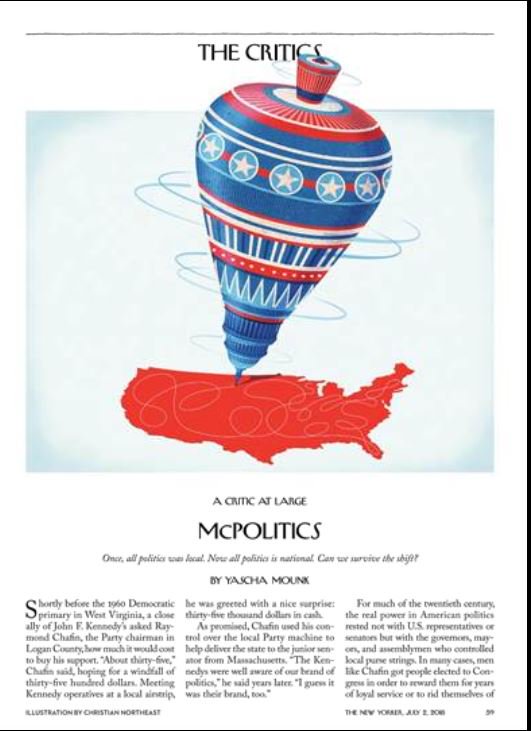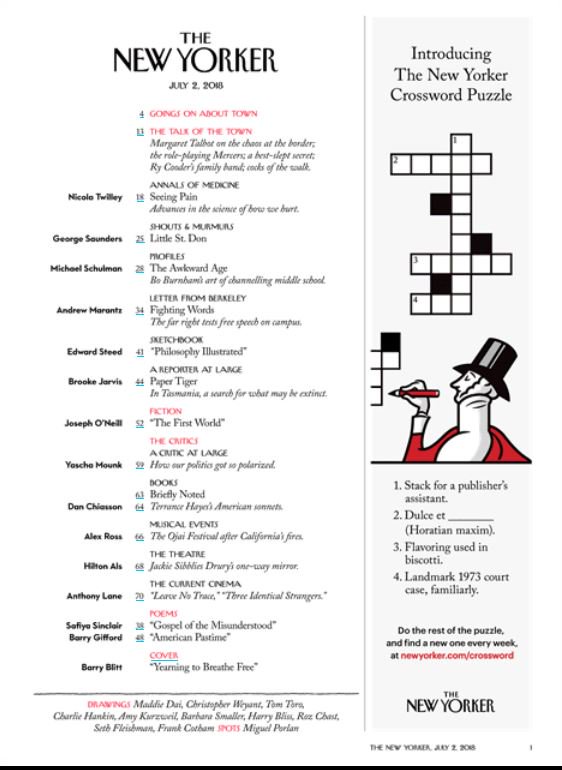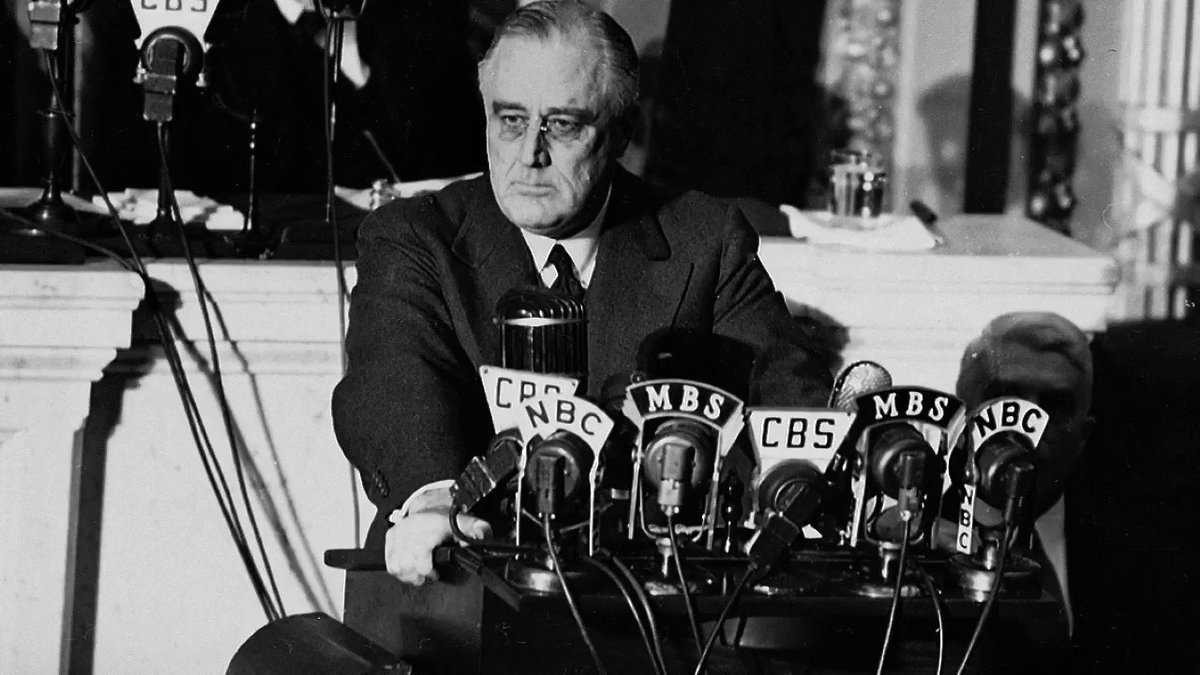But if you’ll indulge me, I'd also like to say a few personal words about what this means to me.
1/n
newyorker.com/magazine/2018/…


2/n
I struggled. After my first few weeks at the school, I asked my mom whether she would be mad at me if I got held back by a year.
3/n
4/n
This was in part down to my school teachers, who had prized complexity over clarity. Naturally lazy, I got through high school on a simple strategy: if my teacher didn’t understand what I was saying, she’d give me an A.
5/n
“That doesn’t sound right,” a friend would tell me.
“Is it grammatically incorrect?” I’d ask.
“No. But a native speaker would never say this,” they’d respond.
AAAAAAAARGH!!!!
6/n
I was close to giving up.
7/n
8/n
It never occurred to me that I myself might one day be writing in the pages of The New Yorker. That was for native speakers—and for real writers.
9/n
10/n
But I’m also sharing it because I genuinely believe that just about anybody can become a good, clear writer.
11/n
Some had, like me, learned English as a foreign language. Others, also like me, had picked up terrible writing habits in high school. Others still simply hadn’t put any work into learning how to write.
12/n
13/n
To all those teachers and professors helping somebody else how to write right now: THANK YOU.
And to all those ESL students tempted to give up on becoming good writers: YOU CAN DO IT.
14/n
Read it and spread the word?
16/16
newyorker.com/magazine/2018/…






